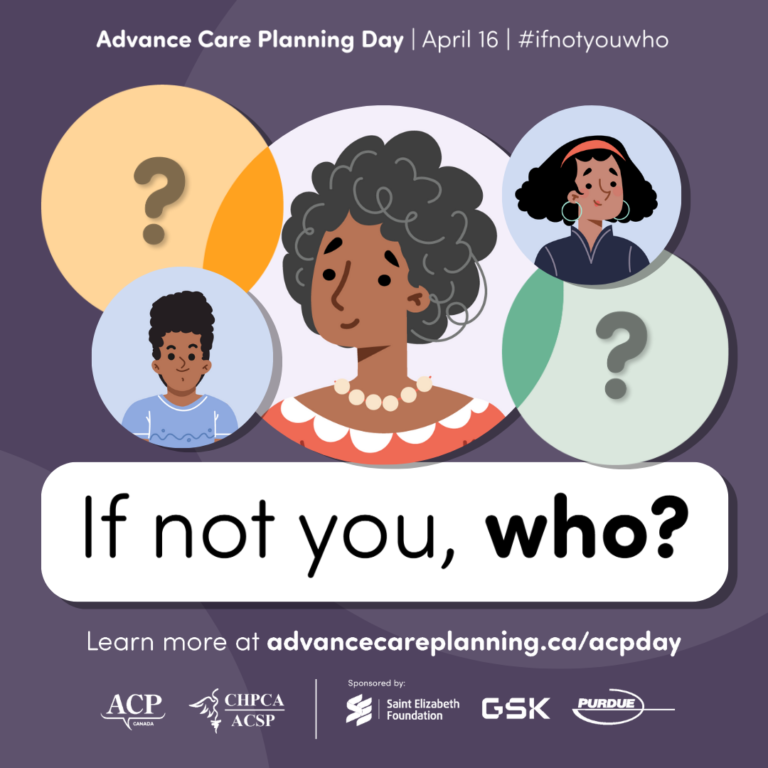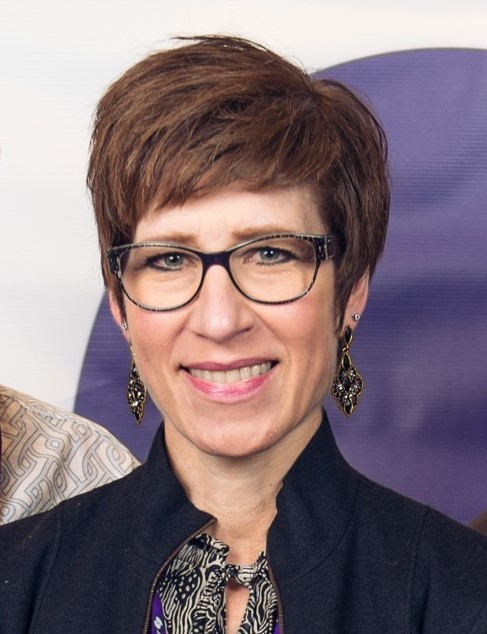 Advance Care Planning Day
Advance Care Planning Day is held every April. Advance Care Planning (ACP) is a process of reflection and communication. It is a time to reflect on your values and wishes, and to let people know what kind of health and personal care you would want in the future if you were unable to speak for yourself.
Advance Care Planning can help you to learn about your options for care and save your loved ones stress in making hard decisions for you. The process aims to ensure your wishes are respected during all aspects of your health-care journey.
“Prior to my kidney transplant surgery, all my Advance Care Planning documents were completed. I wanted to ensure that my preferences were clear in the event of some unanticipated development,” says Carol Austin, sharing her experience as a person living with kidney disease in BC.
It can be hard to think and talk about these issues. BC Renal and other organizations have developed resources to help in this process.
“I had the pleasure of serving as a patient partner on the BC Renal Advance Care Planning working group, while various resources were being developed,” continues Carol, explaining how her lived experience as a kidney patient contributed to these materials.
Today, there is more information available for patients than ever before. The BC Renal website has useful resources for both patients and health professionals. See the BC Renal
Advance Care Planning page for kidney-specific, BC government/Indigenous, and national materials.
In addition, BC regional health authority and First Nations Health Authority resources can be found in the
Local ACP and Palliative Care section of the
Palliative Care page for patients.

“Patients living with advanced chronic kidney disease may experience many unpleasant physical symptoms and mental health challenges that can influence their quality of life,” says Dr. Gaylene Hargrove, Island Health nephrologist and chair of the BC Renal Palliative Care Committee. “When Advance Care Planning is routinely embedded into standard care, patients and families report less anxiety and spiritual distress when nearing end of life, and their dignity is preserved.”
Dr. Hargrove adds, “When we as renal health-care professionals strive to consistently implement ACP discussions, we deliver compassionate care that is patient-centered and aligns with their expressed wishes, and the positive impact is significant.”

